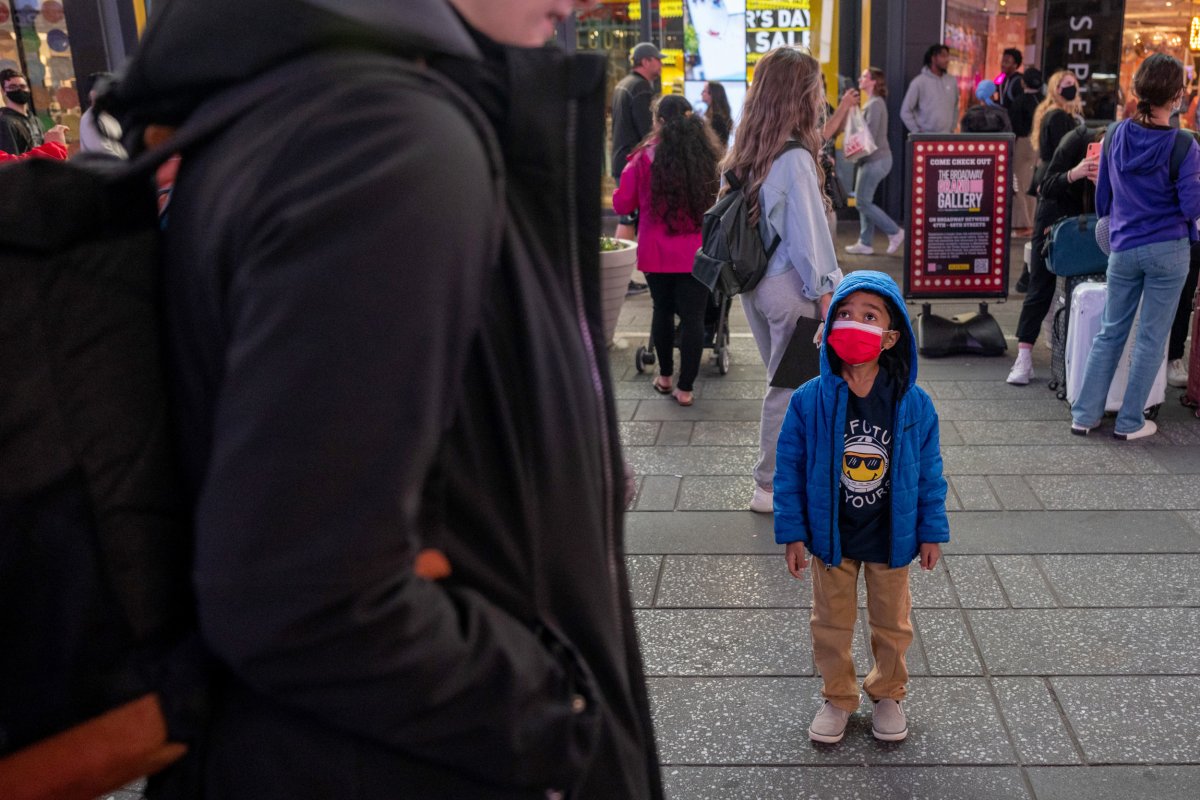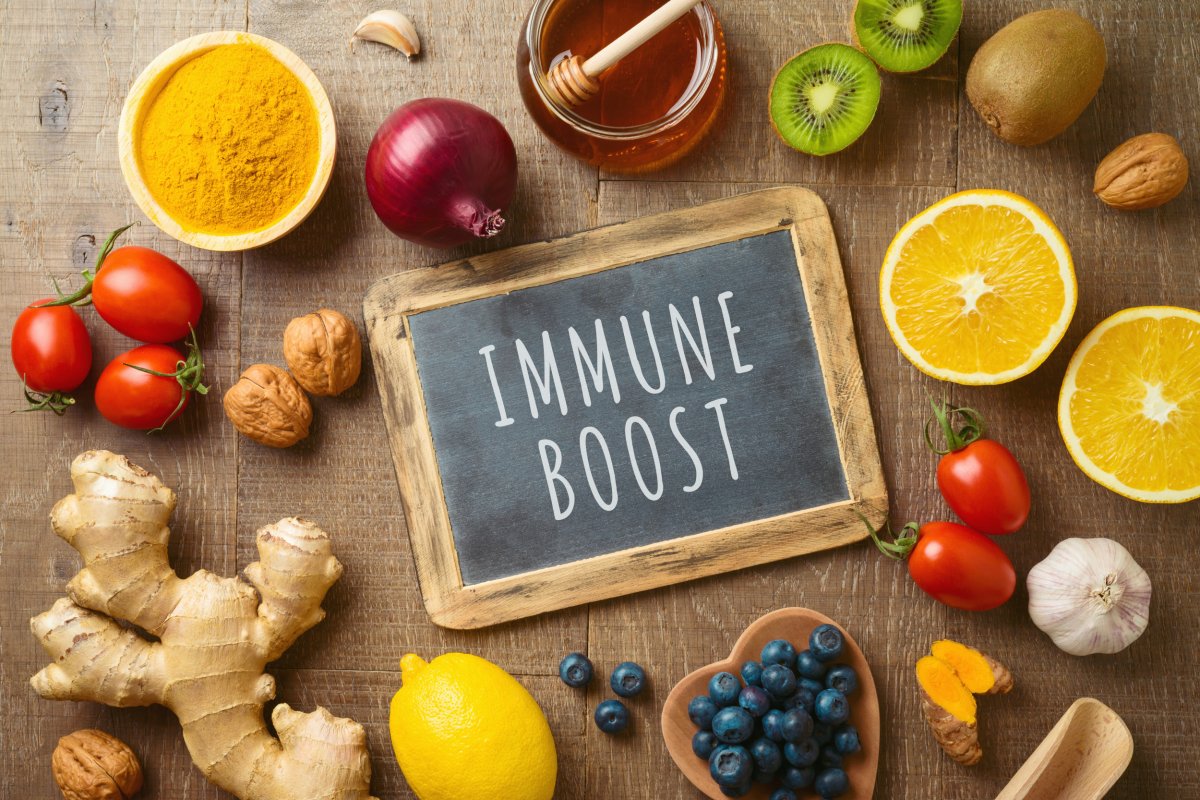Just as travelers in the U.S. and other countries are preparing for the first summer of relatively unrestricted travel in three years, a number of infectious disease outbreaks globally are providing reminders of the importance of remaining vigilant.
An outbreak of monkeypox, a highly contagious illness usually found in Central Africa, has been documented in 27 countries where the disease is not usually present over the past few months.
The World Health Organization (WHO) had registered 780 confirmed cases of monkeypox in 27 countries as of June 2. Meanwhile, ProMED, an open surveillance system for reporting disease outbreaks, is monitoring cases of both bubonic and pneumonic plague in the Democratic Republic of Congo, as cases of severe viral hepatitis continue to affect children in North America and Europe.
Meanwhile, COVID-19 is very much still a part of our lives, although it is less of a day-to-day concern in many countries. The relaxation of many COVID-related restrictions in the spring has meant that influenza cases are also being seen at unseasonably high levels, according to the Centers for Disease Control (CDC).

Many health experts have warned that our immune systems are more vulnerable due to two years of relative isolation from one another, lack of exposure to the common cold and noroviruses which our systems are usually primed to recognize and, in some cases, exposure to or infection with COVID-19. So how do we protect our health and our immune response as we venture farther afield and come in contact with familiar bacteria and less familiar health threats?
First line of defense
Our immune systems are key to building up a database of familiarity and responses to bacteria and infections, some of which, like coronavirus, we meet again and again over our lifetimes in different forms.
Yet, scientists still have a number of gaps to fill in.
"The SARS-CoV-2 pandemic has been more thoroughly studied than virtually any infectious disease in history, but it has highlighted a lot that we don't know yet about normal, healthy, immune responses to our environment," Troy Torgerson, director of experimental immunology at the Seattle-based Allen Institute for Immunology, told Newsweek. "There's still a lot of specific details we don't know. How should we define 'immune health'—there is probably a range of 'healthy' responses to infections and we really don't understand that very well yet."
The way in which the immune system operates can be viewed as an arms race, Torgerson said, in which pathogens are constantly mutating their genes in order to improve the likelihood of survival and allow themselves to reproduce; our immune systems in turn respond to these new threats to try and protect our bodies from harboring those bugs and passing them on.
"Anything we do to make the bug's job easier—hygiene problems, crowded living conditions, etc.—will make it easier for them to thrive and grow," he added.
There is some evidence to support the argument that two years of wearing masks, avoiding large groups of people and a lack of exposure to new people and things have made us somewhat more susceptible to future infections. Our immune systems are nevertheless regularly exposed to new bugs, and a bigger threat is the fact that the renewal of mass movement and air travel makes it much easier to spread new diseases halfway around the world, Torgersen said.
Self-care and development of new tools
For most people, a healthy lifestyle—including eating sufficient fruits and vegetables, maintaining a healthy weight, sleeping enough and exercising regularly—are the best ways of taking care of our immune systems, according to Sheena Cruickshank, professor of biomedical sciences at the U.K.'s University of Manchester.

"It's not about boosting the immune system, but keeping it at an optimal balance," she told Newsweek. Staying up to date with vaccinations and getting new ones as they are developed are also key to protecting the immune system, she adds, especially given the persistence of the Omicron variant.
The CDC already advises travelers with weakened immune systems to make sure their vaccines are up to date. Environmental changes and the increase in zoonotic diseases—infectious diseases transmitted from animals to humans, such as COVID-19 —are increasing the challenge of new threats, Cruickshank said, and the stronger our immune systems, the better armed we will be.
"The way the world is now, we will see a lot of new infections," she said. "We travel a lot more, animal habitats are shrinking and there is more of an opportunity for these things to spill into our environments. Climate change has also helped illnesses such as the Zika virus, which is carried by mosquitos, to spread outside the tropical environments where they are usually contained."
It remains unclear whether COVID-19 has had any long-term impact on the immune systems of people who have been infected; research on the extent to which the virus has affected immune cells is still ongoing.
At the very least, Cruickshank said, the uncertainty should make us more cautious about wearing masks or being aware of ventilation when we travel and participate in activities with others.
Uncommon Knowledge
Newsweek is committed to challenging conventional wisdom and finding connections in the search for common ground.
Newsweek is committed to challenging conventional wisdom and finding connections in the search for common ground.
About the writer
To read how Newsweek uses AI as a newsroom tool, Click here.








